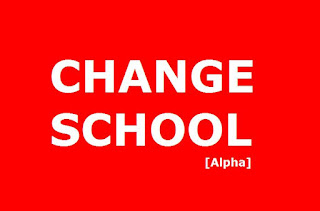
Chris Pirillo, who has made his name through his work on Tech TV and on his web site Lockergnome.com, has announced that he wants to support the development of an open source Content Management System. (CMS) Chris wants to 'de-geekify' the process of managing a CMS and make it easier for individuals and groups to set up their own CMS the way they want it with individual modules that will allow: chat rooms, forums, video, podcasts, blogs, wikis, pages, etc. This way, a school or other organization could download the CMS and the modules they want to install and have their own 'walled garden' of tools for their school site. Chris is supporting the further development of the 'Drupal' CMS, there are others out there including, 'Joomla.' If you want to see some examples of CMS sites. The Sequoia Union High School District uses Joomla and the Alameda County Office of Education uses Drupal. (The video below is Chris' explanation, but it is about 45 minutes in total length, so beware - but the first few minutes will give you the best information)
This could be a huge benefit to school districts, lowering the 'technical point of entry' to have their own CMS. To do something like this in the past required a number of technical support staff to install and maintain the system for the school. One of the issues I see when I work with schools and technology is that the educators and the technical support staff don't interface well. I live in both worlds, having been a classroom teacher for many years and having some technical training, I often become the interpreter between the geeks and teachers. Time to get these guys on the same page... this might be it!
So, what is the cost of entry? One computer that can be used as a server. The rest of the material is free, unless you need to register a new domain name, which can be done for a few dollars a year. You will also need the support of your network administrator to get a static IP address so that people can find you!
I'm simplifying the process somewhat, but I think it is definitely something many schools could implement quickly and easily to create a dynamic web presence.











